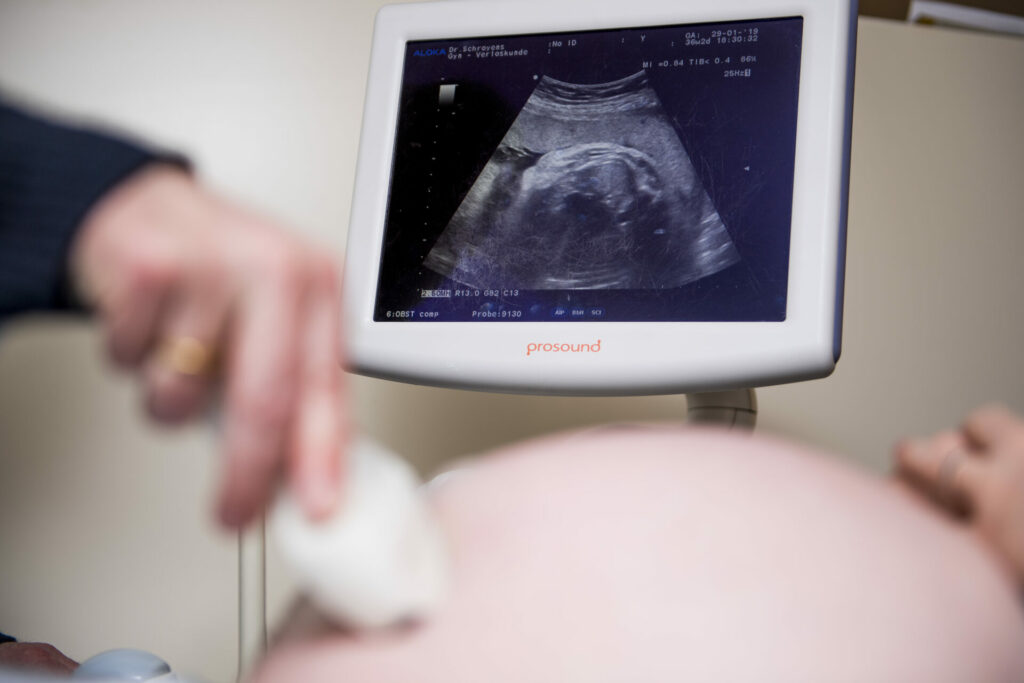Some 40 parents from the provinces of West Flanders and East Flanders expecting a baby were told the wrong sex after their NIPT test (non‐invasive prenatal testing) due to a technical malfunction at a lab in Ghent.
The NIPT test is usually performed three months into a pregnancy to see if the baby has any abnormalities. During this process, the baby's sex is then also revealed. But last month, some 40 couples were told the wrong sex of their unborn baby, De Standaard reports.
It was not until several weeks later that the error came to light when a gynaecologist at the AZ Groeninge in Kortrijk noticed it: he clearly saw a boy on the ultrasound, but the mother had been told she was pregnant with a girl.
He then contacted the laboratory at Ghent's AZ Maria Middelares, which performs NIPT for seven hospitals in the region. There, it turned out that a series of tests had a technical problem in sex determination.
Technical glitch
"The technical glitch occurred at the end of October on a series of about 80 samples," Catherine Zenner, spokesperson for AZ Maria Middelares, said on Flemish radio. "As soon as an ultrasound showed that the sex was different than indicated by the NIPT, our protocol was triggered. All samples were re-analysed according to the procedure and this showed that the sex determination was wrong, in about 40 samples."
The affected doctors and parents were contacted immediately afterwards, about three weeks after the original NIPT. "We analyse about 6,600 samples every year and this is the first time this has happened," said Zenner. "We always communicate, for example through our brochures and application forms, that the gender should always be confirmed by ultrasound."
The lab at AZ Maria Middelares is currently in contact with the supplier to investigate the cause of the malfunction and to prevent it from happening again.
"A Y chromosome belongs to a boy: in the sample itself, that result is always clear. But the NIPT test is not primarily intended to determine gender," professor Bettina Blaumeiser of the Centre for Medical Genetics at UZ Antwerpen told De Standaard, adding that in the Netherlands the baby's sex is never communicated after the test.
"The philosophy behind that is to prevent gender discrimination," said Blaumeiser. "We do not want people playing with the thought: 'I already have three boys, now I'd rather have a girl,' for example. Belgium gets around that by not performing the NIPT until 12 weeks, when legislation does not allow for abortion for non-medical reasons."
At the Ghent hospital, management stressed that the only error was with the sex determination and not with any other parameter that was tested.

